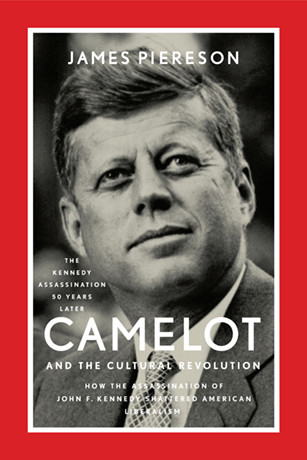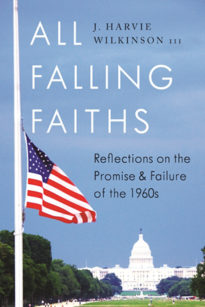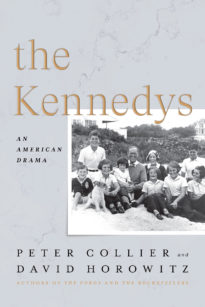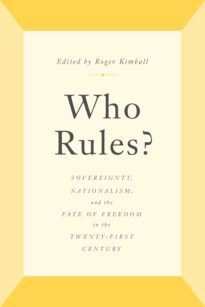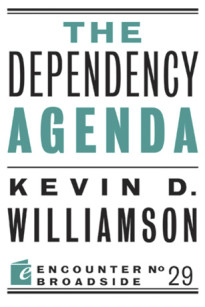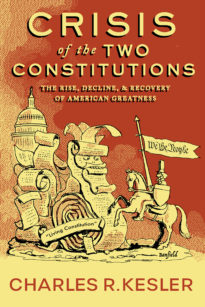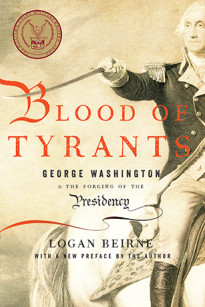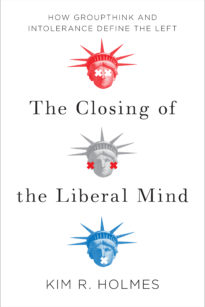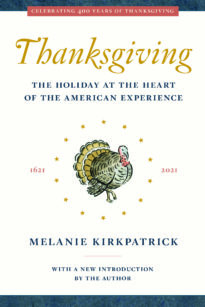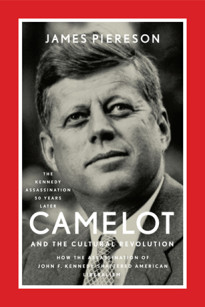It has now been a half century since President John F. Kennedy was assassinated on the streets of Dallas on November 22, 1963. Few events in the post-war era have cast such a long shadow over our national life. The murder of the handsome and vigorous president shocked the nation to its core, and shook the faith of many Americans in their institutions and way of life. The repercussions from that event continue to be felt today. Looking back, it is now clear that Kennedy’s death marked a historical crossroads after which point events began to move in surprising and destructive directions.
In Camelot and the Cultural Revolution, James Piereson examines this seminal event from an entirely new and provocative point of view. Most books on the assassination take up the question as to who was really responsible for killing the President. Mr. Piereson takes it as established fact that Kennedy was killed by Lee Harvey Oswald.
What needs to be explained, he argues, is the bizarre aftermath of the assassination: Why in the years after the assassination did the American Left become preoccupied with conspiratorial thinking? How and why was John F. Kennedy transformed in death into a liberal icon and a martyr for civil rights? In what way was the assassination linked to the collapse of mid-century liberalism, a doctrine which until 1963 was the reigning philosophy of the nation? In answering these questions, Piereson places great weight on the influence of Jacqueline Kennedy in shaping the public memory of her husband and the meaning of his death. The Kennedy assassination, he argues, is a case study in public myth-making and the ways in which images and symbols can override fact and substance in political life.
